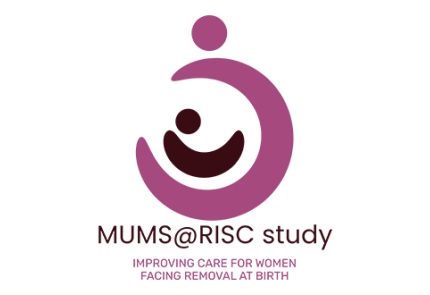The first 1,001 days are critical for a child’s development and wellbeing. Children’s social care (CSC) has a crucial role to play in supporting families to achieve this goal. The last decade has seen a rise in CSC involvement for children across all age groups. The vast majority of children in care proceedings in England and Wales are currently infants under the age of one, with more than half being newborn babies less than two weeks old.
When safeguarding concerns are raised during pregnancy, CSC might become involved to plan for safeguarding interventions once the baby has been born. Involvement from CSC during pregnancy, through pre-birth assessments is known to complicate ongoing relationships between parents and health and social care professionals.
Availability of administrative data about babies and children known to CSC has given us more insight into the scale of the problem in recent years. However, evidence about the women with CSC involvement during pregnancy and the postnatal period remains limited.
Project aim
The aim of this study was to explore maternal characteristics, outcomes and experiences of women in contact with children’s social care during the perinatal period, in particular of those mothers facing separation from their infant.
About the research
Although the study has a wider remit than the south London population, it will be the first study to focus on maternity experiences and outcomes of a marginalised and under-researched group of women, whose complex needs are currently unmet. The quantitative analysis will provide more information about the needs and outcomes of women in south London that are at risk of having their baby removed from their care, and therefore contribute building the evidence base around health inequalities for women with multiple social disadvantage.
How the research was carried out
Firstly, we undertook a systematic review and meta-synthesis of existing qualitative literature. Subsequently, this study applied a range of different research methods:
1) Through interviews, we explored experiences of perinatal care of women who faced separation from their baby shortly after birth:
2) Using the eLIXIR – Born in South London database, we investigated socio-demographic, medical and pregnancy-related characteristics of women with social care involvement during pregnancy. We explored if women who presented with social risk factors in pregnancy were appropriately referred;
3) We investigated MBRRACE-UK maternal death surveillance data of women with children’s social care involvement during the perinatal period prior to their death. We also conducted a confidential enquiry to examine the care of a sample of women with social care involvement.
How patients and the public are involved in the research
The study has strong links with several organisations that support women whose baby was taken into care, such as Birth Companions, MPower and Pause, who fully endorse the research. An expert panel of women with lived experience was involved in preparing the proposal by checking relevance, defining research questions and fine-tuning sensitive use of language.

